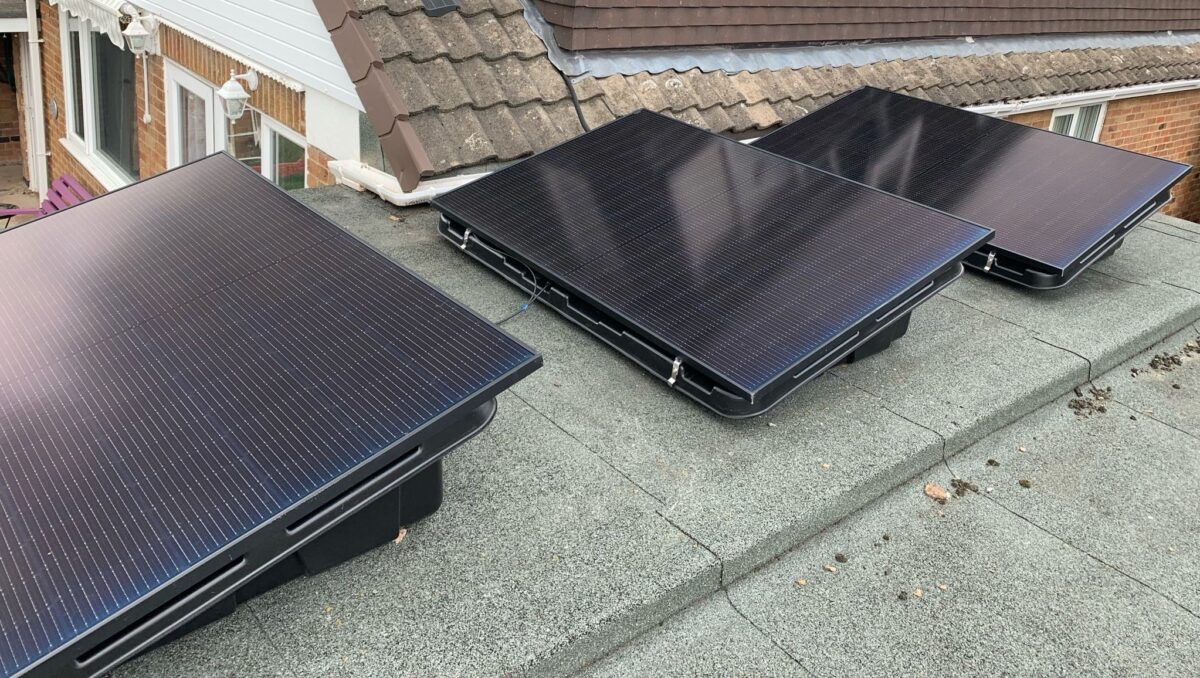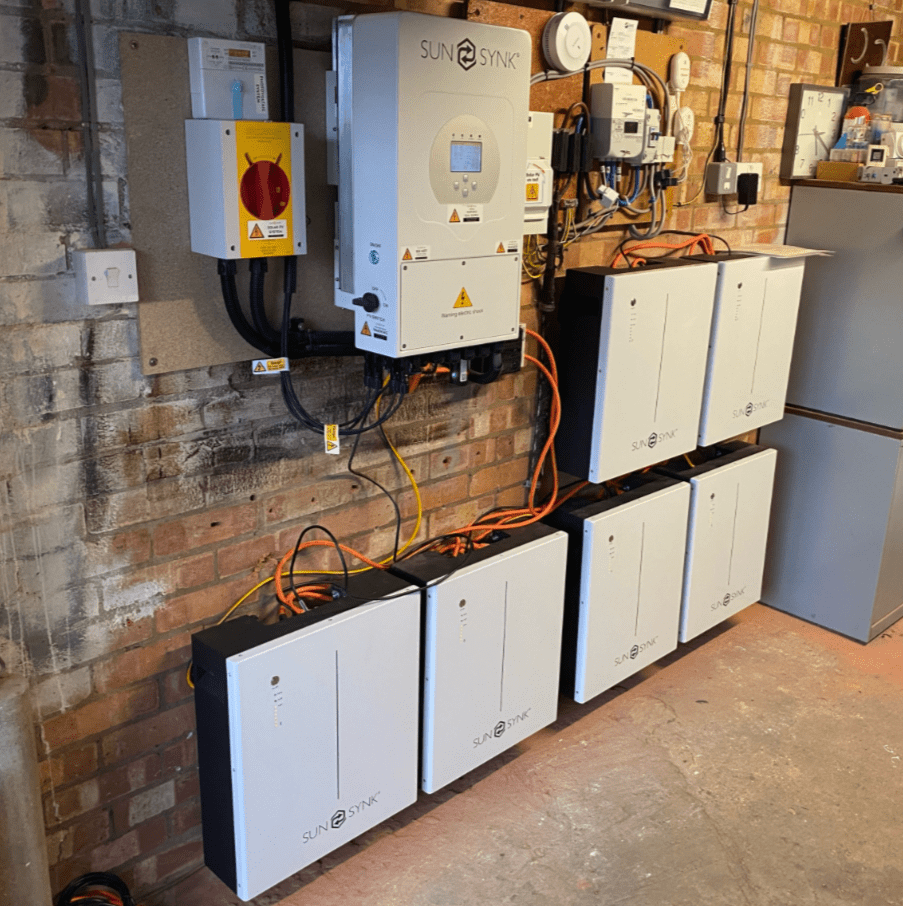Solar farm planners attempting to cover hundreds of fields with panels have successfully achieved the support of two of Britain’s major conservation groups, the RSPB and the National Trust. They say that solar farms can assist them in developing protected wildlife habitats.
Solar farms generally only cover between 1% and 5% of the land on which they are situated. An additional 30% of land is normally shadowed by the panels themselves.
Among its combination of sunny and shaded areas, this establishment can bloom into a nursery for flowers, insects and birds.
James Lloyd, senior conservation adviser for the National Trust said: “We wanted to look at ways we could work with the solar industry and find ways that we could use that land to increase the amount of wildlife on it. The sunny and shady patches around the solar farms are perfect homes for bugs, birds, bees and wildlife. Mr Lloyd said the National Trust was keen to help the solar industry play a bigger part in reversing the decline in nature in the UK.
“In some cases the land was badly managed, and new guidelines that have been issued will aid the industry to make the best use of the land for wildlife. We wanted to show what good looks like, and that’s why we created this guidance. We wanted to find new ways to help the industry contribute to making this country more special as a whole.”
Mr Lloyd added: “One of the biggest effects of climate change is that nature is being fragmented. So by creating these hotspots of wildlife it helps connect different wildlife areas so that when the climate changes, nature can move from one area to another and helps it adapt to these changes in climate.”
The National Trust was eager to specify that the guidance is not a sanction for solar farms to set up camp anywhere in the country – “It’s really important that any development in the countryside is well-sited. The National Trust for a long time has been campaigning to make sure that any new development works with the special character of those places. This isn’t saying you can build it anywhere.”
















